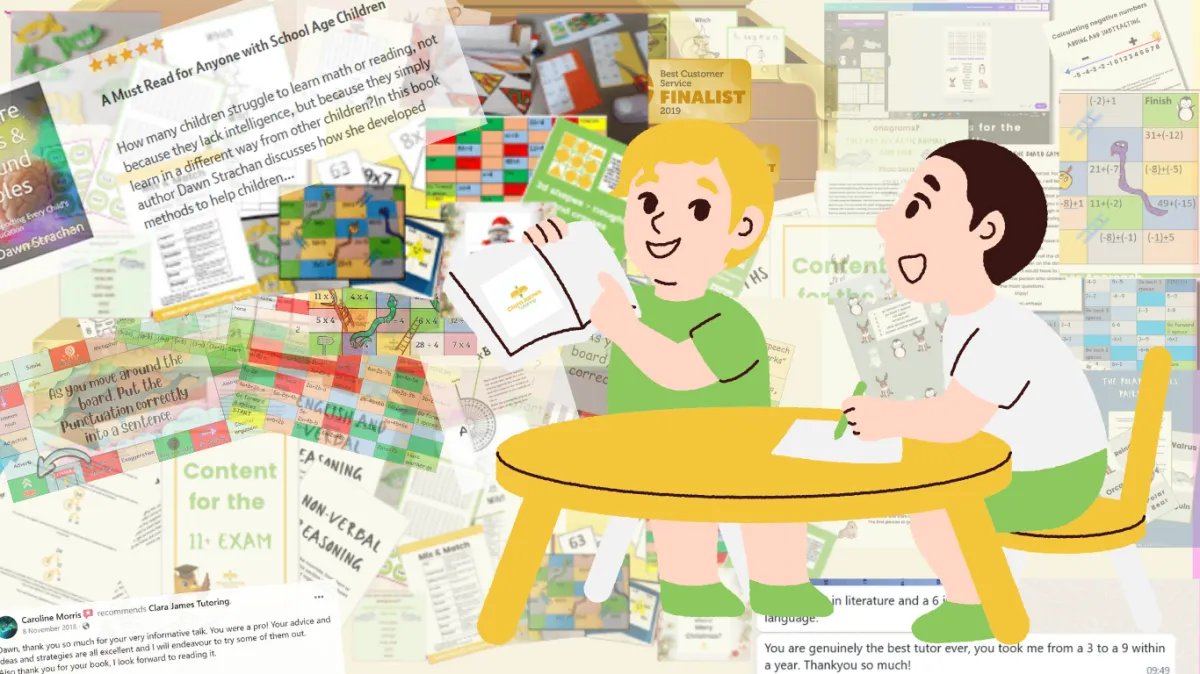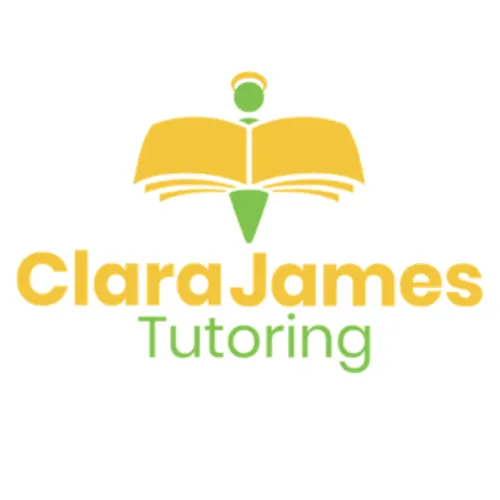Clara James Tutoring
BLOG POSTS

Do you offer a getting to know you lesson?
As I’ve mentioned, the first lesson is free and varies greatly. In the first free lesson we will sometimes get stuck straight into the thing you would like to study, another time, some of it will be spent talking and getting to know each other. We are led by what your child will be most comfortable with.
This session however, is about starting to build a rapport so that if they do have any questions at any time, they feel comfortable to ask. Sometimes, especially for ASD children to meet the tutor in advance is advantageous, so we can come and visit you prior to the lesson to say hello and to introduce ourselves to you if you feel this would be beneficial.
On one occasion the mother wanted us to make multiple 'getting to know you' visits as her lad didn't want to leave his computer game and come through, in her words he was a 'little tinker' (not neurodiverse). Although we are happy to offer a free meeting and the first lesson free, we also need to be mindful of the time and petrol it is costing the tutors to provide this. If you will need multiple visits prior to starting it will be at the discretion of the tutor and the practicality of them being able to drop by.
Morning,
I hope the week is going well.
So many people seem to be doing D of E and work experience
at the moment, good luck if that’s you and if you’re at Marlow Camp next
fingers crossed for good weather!
I’ve just finished a lesson on division. It seems to be
something that messes with the brains of so many people.
I found it got easier when I stopped thinking about it as
division and instead thought about it as multiplication. So, if for example I
had the question 396 divided by 3, I would look at it as 3x what = 3. My answer
would be 1. How many times would I need to multiply 3 to get to 9, (my answer
would be 3). Then 3x something = 6. My answer would be 2. Giving me the overall
answer of 132.
I know that’s a really simple example but hopefully it explains
my point.
Thankfully in schools they don’t often seem to need to do
long division, but I’ve worked with a couple of adults (generally nurses for
some reason) who have needed it.
I think I’ll explain this one in a video, as it will be too
complicated to explain it with words as bits get put all over the place. I hope
this makes sense though:
Enjoy the rest of the week and speak soon,
Dawn

